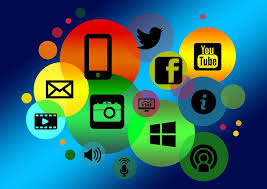1. Artificial Intelligence (AI) integration: AI-powered mobile apps are becoming more popular, with features like natural language processing, machine learning, and predictive capabilities.
2. Augmented Reality (AR) and Virtual Reality (VR): These technologies are increasingly used in mobile apps for gaming, entertainment, education, and even for enhancing real-world experiences.
3. Internet of Things (IoT) integration: Mobile apps are being developed to control and interact with smart devices such as home appliances, wearables, and connected cars.
4. On-demand services: Mobile apps facilitating on-demand services like ride-hailing, food delivery, and home services have transformed various industries.
5. Mobile wallets and mobile payment: With the growth of mobile payment options like Apple Pay and Google Pay, there is an increasing focus on secure and convenient mobile payment integrations.
6. Health and fitness apps: The integration of mobile technology with health and fitness devices is increasingly popular, enabling users to track their health metrics and exercise routines.
7. Chatbots and voice assistants: Many mobile apps are incorporating chatbots or voice assistants to provide personalized and interactive experiences to users.
8. Cloud-based apps: Cloud integration allows for seamless data syncing, storage, and access across multiple devices, making it easier for users to access their content from anywhere.
9. Biometric security: Mobile apps often utilize biometric authentication features like fingerprint sensors or facial recognition to enhance security and make user authentication more convenient.
10. Progressive Web Applications (PWAs): PWAs enable the development of mobile apps that offer native-like experiences across different platforms without the need for separate installations. They provide offline functionality and an enhanced user experience.



